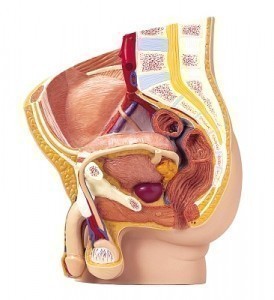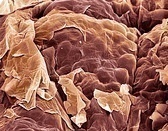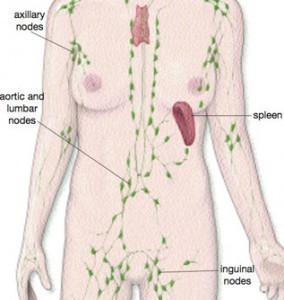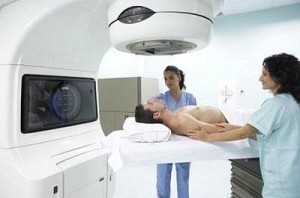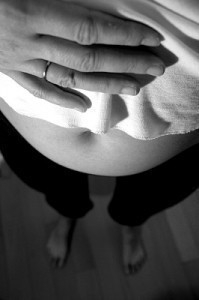Testicular Cancer Symptoms
Testicular cancer is a life-threatening medical condition that is caused by the formation of cancer cells or tumors in the testicles. Even if the disease is commonly associated with male patients aged 15 years to 40 years, this health condition has peaks. The three peaks of the disease are infancy, 25 years to 40 years as well as 60 years. The disease has different risk factors or causes, which include cryptorchidism, mumps orchitis and inguinal hernia. In order for physicians to recommend the effective treatments, it is best that patients ask for medical assistance at the onset of the early testicular cancer symptoms.
Testicular Cancer Signs
The minor symptoms of this serious disease are the presence of ridges in the testicles, the development of a lump in any of the testis, hardening of the testicle as well as gradual loss of interest in sexual activity. If the cancer is in the stage III or stage IV, patients may have a fluid build-up in the tunica vaginalis or scrotum, lower back pain, groin and dull abdomen pain. Other signs of the disease are the presence of blood in the semen, fatigue and muscle weakness.
Testicular Cancer Diagnosis
If the tumor is identified in the early stage, patients have a 90 per cent chance of survival so it is important that they seek help from health professionals if they feel a lump in the testicles. The lump can be felt by doing a monthly testicular self-examination. To identify the cause of the disease, physicians commonly recommend patients to undergo medical diagnostic procedures like a scrotal ultrasound. To determine if the cancer cells spread through the other body parts, medical experts can perform a computed tomography scan, blood tests, orchiectomy and a transscrotal biopsy.
Testicular Cancer Treatment
With the development of advance medical technologies, physicians can offer various treatment options to patients with testicular cancer. Orchiectomy is a surgical procedure performed by medical experts to remove tumors in the testis without affecting the functions of the testis. Another surgical procedure that patients can try is the retroperitoneal lymph node dissection. This procedure can only be done to patients with stage I and stage II cancer.
Aside from surgery, patients suffering from chronic testicular cancer can treat the disease by undergoing a radiation therapy. If the radiation therapy fails, some oncologists recommend them to try the chemotherapy since this treatment is more effective than radiation therapy and its side effects are lesser than radiation therapy.
For more information on Testicular Cancer Symptoms read:
